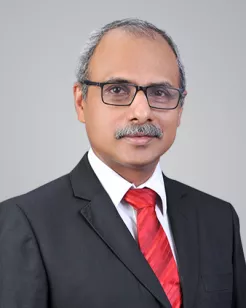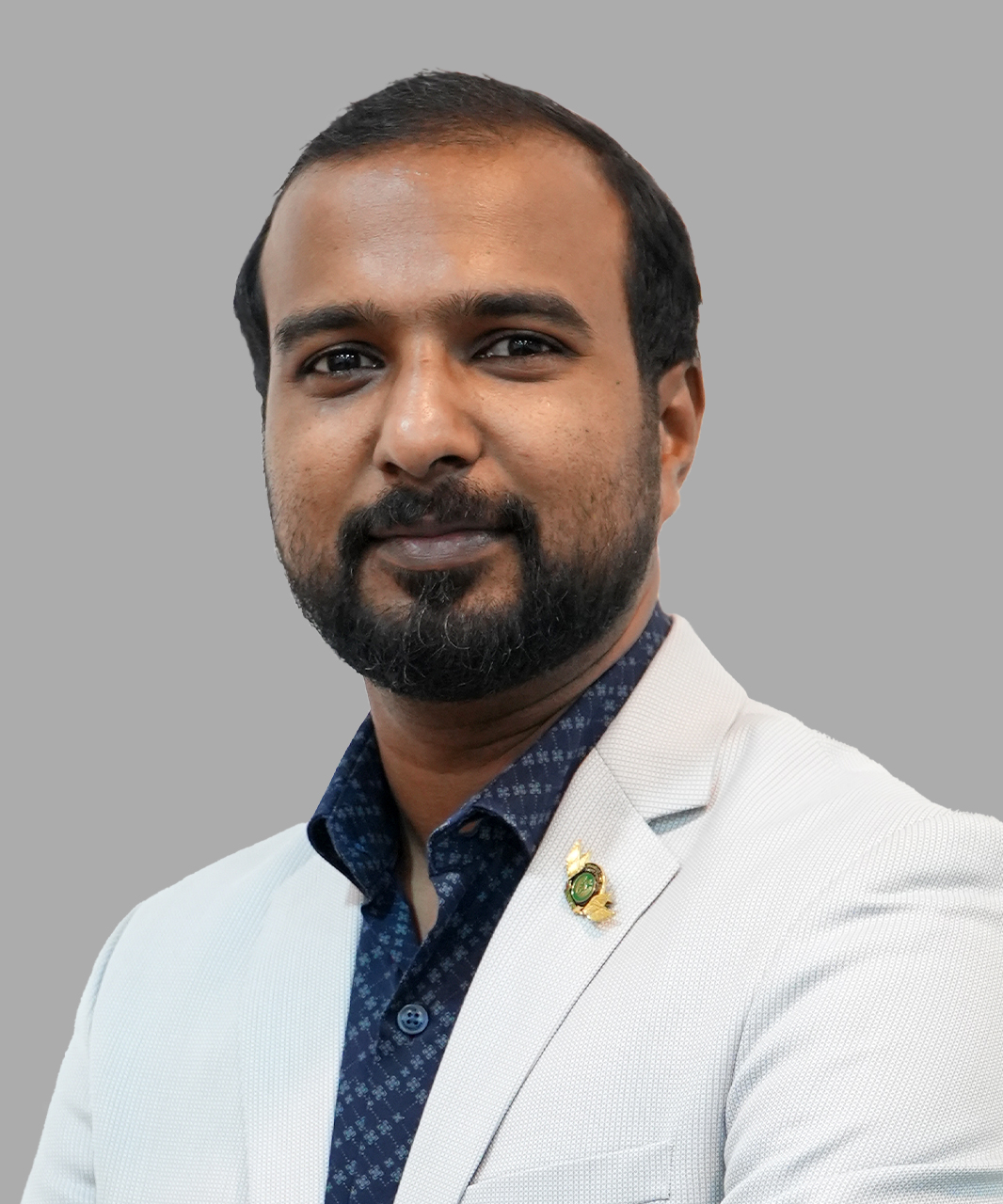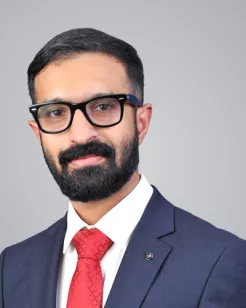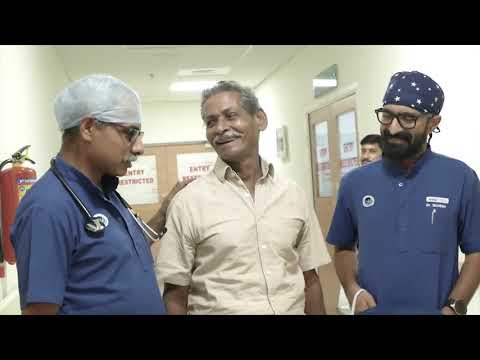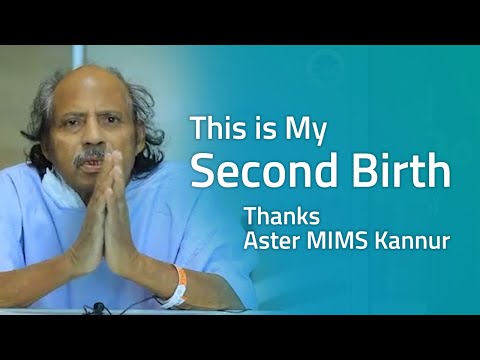The department of CVTS performs both open heart and other thoracic surgical systems. Open heart surgical strategies incorporate the vast majority of the congenital cardiovascular abnormalities like ASD with PAPVC, repair of atrial septal imperfections, related valvular inconsistencies, endocardial cushion defects and ventricular septal deformities. Surgical aptitude, nature of care and determination to patient education are hallmarks of cardiac, vascular and thoracic surgery at Aster MIMS Kannur. Our group of surgeons and nurses work intimately with different divisions of cardiology, anesthesiology and Vascular imaging to give the state-of-the-art, secure, elevated quality, and the most advanced surgery for our patients. It is a standout amongst the most prestigious research organizations for cardiothoracic and vascular surgery worldwide.
Our Doctors
We have some of the best specialists from around the world, they bring years of experience and offer evidence-based treatment to ensure the best care for you.
Treatments & Procedures
We provide comprehensive treatment for all types diseases under one roof. Our highly experienced doctors supported by especially trained clinical staff, ensure the best care for you.
Patient Stories
Our patients are our best advocates, hear the inspiring stories of their treatment journey


